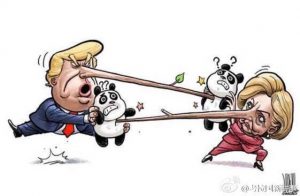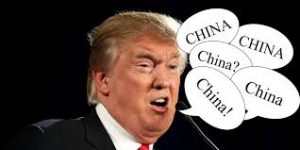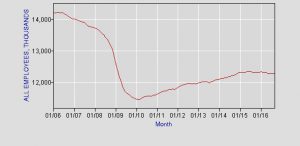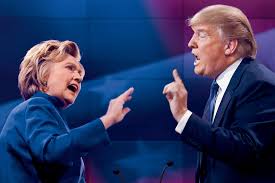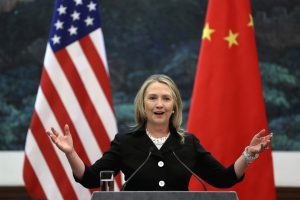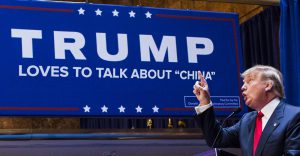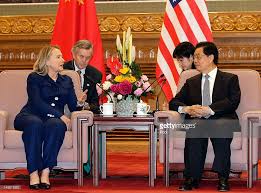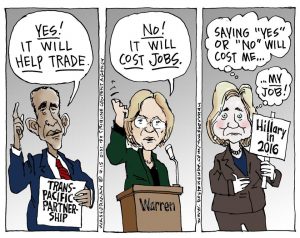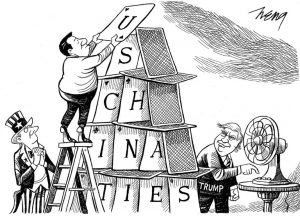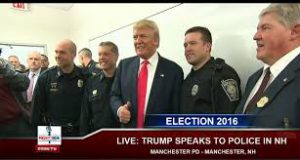We are only two days away from the 2016 Presidential Election, one thing is certain: both Trump and Clinton will use their individual rhetorical strategies to gain American votes by bashing China. Donald Trump has received a great deal of attention this year for his harsh rhetoric about trade with China and lost jobs. When Trump’s campaign is examined into more specific policies, however, he doesn’t offer much that’s different from his opponent, Hillary Clinton. Both candidates oppose new and old trade agreements, and they both want to use domestic trade more aggressively. Until recently, the dispute over trade has been mostly about trust, with Clinton accusing Trump of being an “outsourcer” and Trump accusing Clinton of secretly supporting trade deals she publicly opposes. The candidates have finally pitched conflicting policy proposals regarding trade.
The American Desk
Along with creating high tariffs against China, Trump has proposed the creation of a new office in the Department of Commerce called the “American Desk.” The American Desk would oversee several trade programs that are currently located in different cabinet departments.
“American trade policy is currently mismanaged by dozens of competing bureaucracies, spread across the Departments of Agriculture, Commerce, Labor, State, Treasury — all of these departments. So many departments,” ~Donald Trump
 “The mission of the American Desk will be to protect the economic interest of the American worker and the national interest of the United States.” ~Donald Trump
“The mission of the American Desk will be to protect the economic interest of the American worker and the national interest of the United States.” ~Donald Trump
Trump uses the proposal of the American Desk as a rhetorical strategy to gain supporters. First, he stresses how much our trade policy needs reform and structure. Next, he proceeds to tell supporters the mission of his proposed solution. Trump is appealing to the voters’ fear by illustrating a nation in crisis, while positioning himself to be the nation’s hero.
Trade Prosecutor
The video above displays Clinton proposing a new political position who would report directly to the president called the Trade Prosecutor. “We’re going to pull the country together and have trade agreement shall be in force. Why, I’m going to have a trade prosecutor for the first time in history. And we’re going to enforce those agreements.” said Clinton. This proposal appeals to trade critics that have accused past presidential administrations of allowing other countries violate trade agreements without legitimate consequences. Clinton’s rhetoric attracts voters who are angered about the U.S. being lenient on foreign nations in terms of trade.
The Big Question
Ultimately, voters must ask themselves: Are the American Desk and Trade Prosecutor feasible proposals, or just rubbish meant to sound like a legitimate reform?

